Tomorrow is the last day of 2006. Wow, it’s been a wild ride, and the beginning of the year feels like a lifetime ago. It started out well, the project that I’m most involved with, tuXlab, reached a big milestone with the installation of the 200th lab. Since then, many replications has happened in South Africa. I don’t have an exact number, but I estimate there’s close to 300 schools in the country that currently follow the tuXlab model. The first 200 was set up with funding from the Shuttleworth Foundation, while the rest has been set up by other funders and projects, such as the Gift of the Givers Foundation, Netday.org.za, Ubuntu Education Fund, Engen, Ikamva Youth, and others. The first 200 labs was also set up by volunteers, and support and maintenance have been funded by the Shuttleworth Foundation.
Another exciting turn for tuXlabs, is that it was installed into two prisons (blog entry) as well. The prison tuXlabs have been used for adult education, and providing OpenICDL courses. Lab administrators in the prisons also wrote and passed LPI exams. The prisons project has been an amazing success, we have proved to the Department of Correctional Services that GNU/Linux works, and that it’s maintainable and affordable. Don’t be surprised to see a large number of lab roll-outs in our prisons next year ![]()
In March, I also went to the most amazing concert I’ve ever been to, and saw Metallica, Collective Soul, the Rasmus, Simple Plan and a whole bunch of other bands we never see here in South Africa live. The great local guys were also there, such as Fokofpolisiekar and Seether (even though they’re not quite local anymore these days). I hope we have something like that here soon again.
Within the Foundation, our team was reaching all the targets set out two years before that, and with some of the changes in focus within the Foundation, some of us felt that the new projects wouldn’t specifically interest us. Not because they’re not good projects, but because we specifically wanted to continue working with the projects that we have put so much energy into already. We put together a proposal and business plan, and presented it to the Shuttleworth Foundation Trustees. They were happy with our ideas, and were happy to fund us to start a new organisation. This happened in June, and our first month was chaotic. Previously, we lived in the comfort of the Foundation and all the internal services that was running there. Outside, a lot of our old processes didn’t work, and we had to quickly re-work them. We also had to find new systems for our financial stuff, and quickly slam together a management system that worked. By August, things were already coming together nicely, and I’ll go as far to say that the last month or so, we’ve become a well oiled machine. Besides the prisons project, we’ve got a good amount of government work as well. What stands out most is the Digital Doorway project, for which we implemented the software solution (custom tuXlab system) and we’ll also be implementing the next 50 stations and upgrading the existing 25 from HP441 based Mandrake 9.2 systems to Ubuntu multiseat tuXlab machines.
This year, I also had the privilege to get to know a very large part of the Ubuntu community, which include many amazing (I’m so overusing that word, but it can’t be helped) individuals and have learned a lot from them. I also became a member of the Edubuntu Council, where we vote in new Ubuntu members that have made significant contributions toward Ubuntu. I also attended the Ubuntu Developers Summit in Paris, it was at a complicated time that I left for Paris, but it was also uplifting to see how such a large amount of people could work together so incredibly well. I took a lot with me from that summit, and applied much of it to the tuXlab Ubuntu derivative, which we’ve released to tuXlab schools earlier this month. A public version will also be available next month, also in various flavors. That has also been a huge milestone for me, and our new company. We’ve attracted some attention from huge multinational companies. Oh, and you can also expect to see local laptops (very popular brand) soon that will be available with Ubuntu (and no Windows)- I am also very excited about that… although I should really keep new news for my hello 2007 post ![]()
We also did Software Freedom Day again this year. We did it in one of the most poorest areas of Cape Town, where I also learned a lot from. Locally free software has had quite a good year besides that too. Our local LUG, CLUG, had a fundraiser to raise money for our LUG to attend one of the big, very commercialised computer fairs (Futurex). It was one of the two Linux/Free Software stands there, and the stand generated huge interest from many people, although many people just couldn’t understand how software can be ‘free’. A local Python users group has also been founded, and the first meeting was very well attended. I hope that the group continues to do more fun stuff into 2007.
The biggest free software news in 2006 was of course that Sun GPL is being released under a GNU GPL license, which is definitely good news for many users and vendors of free software. The other big news is the Novell/Microsoft deal. Some view it as the best thing that has every happened, while some view it with lots of sceptacism. I have a theory that, no matter what happens in the free software world, that it will ultimately benefit free software. So far I haven’t seen proof to the contrary of that. The Free Software Foundation has also been busy, releasing Gnewsense, an Ubuntu derivative free of proprietary code, and also running an end of year fundraiser, that has already passed its half-way mark. The GNU GPL version 3 is also being reworked, and it’s been a big source of controversy in 2006. FSF has also launched a campaign against Windows Vista, and bought a game and released it under a free license (see comments).
Coming back to my personal life, I’ve made some tough decisions the last month. Two years ago my father and I moved into the same house, and we decided to go everything 50/50. I had some strong moral objections to some of the things he’s been doing lately, and decided to move out. It’s had some strange effects on me. Since moving out, and adding some more space between myself and both my parents, my anger levels have come down drastically. I also discovered that anger has been a big part of what drives me, and when my anger went away, it’s like I didn’t have any energy anymore. I think Yoda is so right about anger in so many ways. In only the last few days, I’ve found new, positive energies that gives me just as much energy. Just in time for 2007 ![]()
I’m quite excited for 2007, I have so much ideas and plans for it, and the future. I’ll blog about those just after the new year. In the meantime, I wish everyone who manages to read this far a happy new year, may 2007 treat you well and wishing you good health and happiness. Buh-bye, 2006!






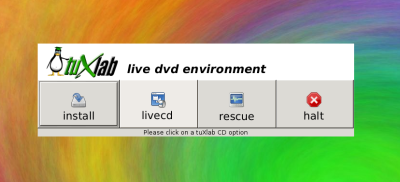
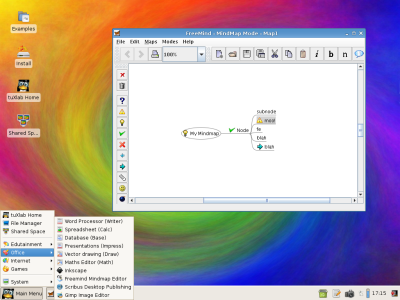
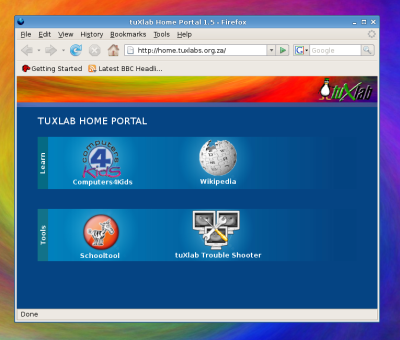
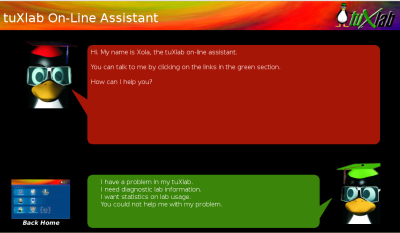
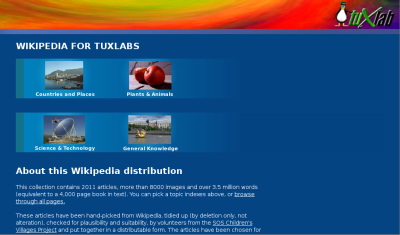
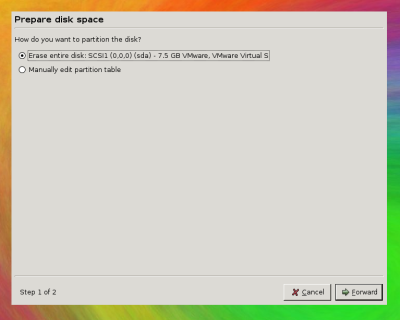
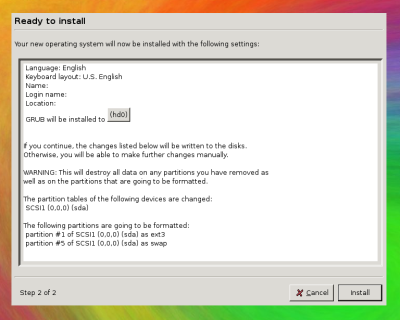
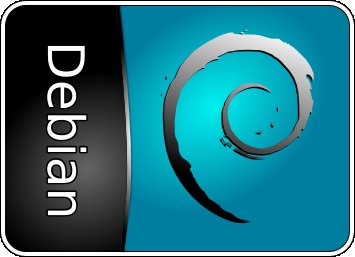
Recent Comments